Written by Brent Huntley in ATVs
Continuing in our series of articles analyzing the ATV laws in every state, which stemmed from this article, we are addressing the ATV laws in Delaware in this article. It should also be noted that, while I am an attorney, I am not your attorney and am not giving legal advice. If you have questions, you should consult a local attorney.
You must register your ATV or UTV before riding in Delaware. You can register your ATV or UTV at any Division of Motor Vehicles office.
You must provide a description of the ATV or UTV (make, year and serial number) and you must either be 18 years of age or be accompanied by at least one parent or legal guardian who provides written consent on the application. The fee for a three-year registration is just $6.00.
While you must be able to present your registration upon demand, but Delaware allows you up to 24 hours to produce the registration, as long as you had legal registration prior to the demand.
Should your ATV or UTV be destroyed, abandoned, stolen or sold, you must notify the Department within 15 days. The notice shall consist of the required surrender of registration certificate. You must file the same certificate if you move to a new address; however, in this situation, you will receive a replacement registration rather than the registration being cancelled.
If you are not a resident of Connecticut and plan on riding your ATV or UTV there, you are not required to register the ATV or UTV so long as you have a valid registration in your own state and are not within Connecticut for more than 15 consecutive days. If your state does not register ATVs, you must obtain a one-year non-resident registration in Connecticut.
Delaware has various equipment requirements, including the following:

You may not operate an ATV or UTV on public streets or highways in Delaware. There are only two “exceptions” to this rule:
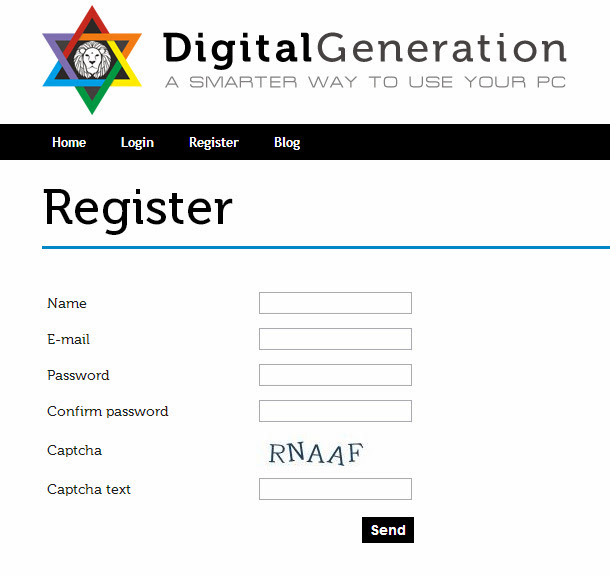
Before riding on private property, you must have the permission of the property owner.
If you are involved in an ATV or UTV accident resulting in an injury to another person or in a death you are required to immediately report such accident, by the quickest available means of communication, to a State Police officer or the local law-enforcement officer for the municipality wherein the accident occurred. You must also remain at the scene of the accident and render reasonable assistance in securing medical aid or transportation for the injured person(s).
If you are involved in an ATV or UTV accident resulting in damage to private property, except that of the operator, you are required to notify the owner of said property within 48 hours of the occurrence of such accident.
Accidents resulting only in injury to the operator and/or damage to the operator’s personal equipment need not be reported.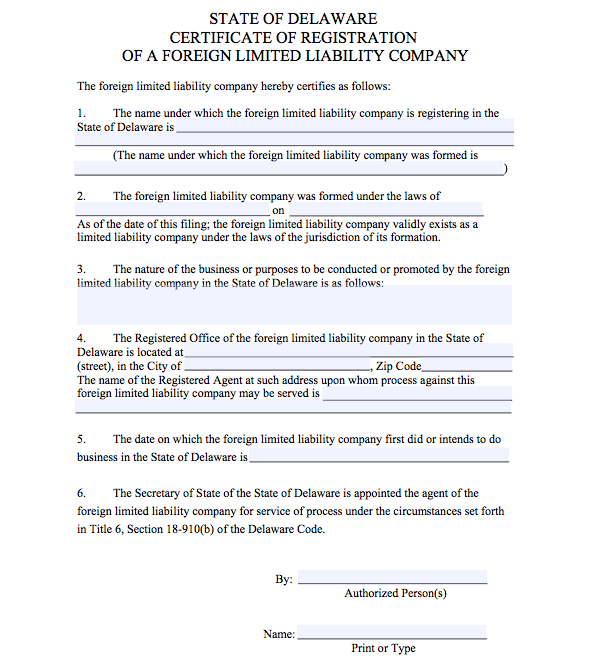
My New Favorite Accessory for Winter Riding
Over the past several months, as the weather has gotten cooler, I have been testing out the Venustas Heated Vest for my cold-weather photography. I wrote all about it over at Photography &...
I wrote all about it over at Photography &...
Continue Reading
link to How To Use An ATV SpreaderHow To Use An ATV Spreader
One of the greatest things about summer is yard work. As the heat and humidity rise, so do the plants and flowers. The advent of technology has made seeding and fertilizing, a job that used to...
Continue Reading
Steve Holden| ATV Laws
If you own or plan on operating an ATV in Delaware, it’s important you know the laws and regulations that govern its registration and use. Failure to comply with state laws can result in hefty fines, your ATV being impounded, or in some circumstances jail time.
Depending where you search, many different opinions pop up about the ATV laws in Delaware and it’s hard to discern fact from fiction. I’ve heard countless stories from friends who knew a guy who’s cousin once got ticketed for “enter crazy reason here”. More often than not, these stories are based on an element of truth which has been bent or exaggerated as its passed between people.
More often than not, these stories are based on an element of truth which has been bent or exaggerated as its passed between people.
We make it easier. Below you’ll find the Delaware ATV Laws which every owner and operator should be aware of. These are pulled directly from Delaware Codes and Statutes, so you know you are getting the answer directly from the source. In most cases, we have crossed referenced these laws with local lawyers and officers to ensure their accuracy.
These rules should get you started on the right (and legal) path but we always suggest you check with the local authorities before operating an ATV. Most states have provisions which allow cities and counties to set their own ATV regulations. Not only can they help you operate it legally, but also safely.
The following laws govern how ATV ownership and transfer must be documented with the state of Delaware, as well as whether it will require registration before it may be used. These laws are often similar to what you would expect when purchasing a new automobile, but there are a few differences to make note of. Failure to comply with these regulations will typically result in fines but can potentially lead to your ATV being impounded if there are multiple offenses.
These laws are often similar to what you would expect when purchasing a new automobile, but there are a few differences to make note of. Failure to comply with these regulations will typically result in fines but can potentially lead to your ATV being impounded if there are multiple offenses.
No – Delaware does not require an ATV be titled while owned within the state.
Yes – § 6801 – All ATVs which are owned by residents of Delaware must register with the state before use. ATVs from out-of-state may be operated without Delaware registration so long as they are not used for a period greater than 15 days within the state, and are registered in their home state. If the home state does not require registration, then a 1 year certification must be obtained under § 6807.
Yes – § 6801 – All ATVs used within the state, whether private or public property, requires registration with the state before use. Registration for those under 18 years old will require at least 1 parent signature. Registration will last 3 years and costs $6 per period.
Registration for those under 18 years old will require at least 1 parent signature. Registration will last 3 years and costs $6 per period.
The following laws establish how an ATV may be legally operated within the state of Delaware, on both private and public/state owned property. While ATVs do have 4 wheels, they are designed for off-road use and typically do not meet federal safety guidelines. As such, the state created laws to limit their use and protect the public from accidents. Failure to abide by these laws will typically result in costlier fines and potentially jail time depending on the offense.
NA – § 6824 – Minors under the age of 12 may operate an ATV but only under the following circumstances: on private property owned or leased by the parent/legal guardian; or any public land while supervised by an adult which is 18 or older.
No – § 6814 – It is illegal to operate an ATV on public roads in Delaware unless expressly permitted by local or state government during a special event. ATVs must be pushed along side or across any public road so long as the vehicle is in neutral and the transmission is disengaged.
ATVs must be pushed along side or across any public road so long as the vehicle is in neutral and the transmission is disengaged.
The following items are required by Delaware law to be installed upon an ATV or worn by an operator during use.
| Helmet | All operators under the age of 18 must wear a helmet which meets the U.s. Department of Transportation Standards. |
| Headlight(s) | Required if the ATV is operated between sunset and sunrise. |
| Tail Light | Required if the ATV is operated between sunset and sunrise. |
| Muffler | Required |
| Spark Arrestor | Required |
| Brakes | Required |
| Other |

When relocating startups to the US market, there are many legal difficulties and issues. Are there any differences in the registration of startups in different states, which taxation system is better to choose, what difficulties can there be?
14 222 views
Ksenia Mysak worked as a lawyer in a venture fund and told Pasha Khegay about registering companies in Delaware, opening an account and related problems.
Ksenia is a member of Pasha's community of entrepreneurs Heg.ai. We make and publish a lot of interviews in our profile on vc.ru on the most relevant topics with our participants: serial entrepreneurs, venture funds, advisors and top managers.
Contents
Ksenia graduated from Moscow State Institute of International Relations with a degree in international law. She is engaged in international communications and legal issues. Founded the company MysakLaw.
She is engaged in international communications and legal issues. Founded the company MysakLaw.
She now lives in the States and runs her two startups, Z-Robotics and Invisible Keyboard.
Z-Robotics are robotic prostheses.
Invisible Keyboard are "smart" (smart) rings that convert gestures into commands, used as controllers for e-sports.
Ksenia Mysak
Ksenia supported transactions and negotiations in Iran, and also worked as a lawyer in a Singapore investment holding. Was engaged in structuring funds, formalized management companies. Not so long ago, she registered a company for an investment holding in the States.
Ksenia helps start-ups, including often advising our members on the following issues:

Why companies choose Delaware
I advise startups to register a company in the state of Delaware. Founders also come with registration requests in the states of Wyoming and California. I tell them why it is unprofitable to do this, but it is profitable to register in Delaware.
Delaware website statistics:
67.2% of the Fortune 500 are in Delaware, and for good reason
82% of companies that went public in 2018 also chose Delaware for incorporation due to its legislation and legislative exceptions specifically for IPOs.
In the field of b2b, American business prefers to work with American companies. They can make their own deductions, write off expenses for the company's expenses. In addition, it is better to accept money to an American account. And not only to accept, but also to pay. If you need to pay, for example, Wix, then this is an American system, and they pay in dollars.
Through the States, payment and receipt of money will take place without conversion and additional costs for currency control.
It is also easier to attract investments to the States. The easiest way to attract investment in the Delaware C-corp due to the peculiarities of corporate law.
Investors often ask you to re-register as a Delaware C-corp if you were incorporated elsewhere.
Delaware Benefits
Let's start with the Court of Chancery, a special court that hears only corporate disputes and nothing else. He doesn't have a jury. Judges are chosen based on merit alone. The state has the largest database of precedents - corporate cases. Even lawyers, when they study corporate law, pay great attention to Delaware precisely because of this base.
If you come to court, most likely the same case as you once had. And the matter will be resolved very quickly.
The law is usually on the side of the company owners.
This is a very important moment for investors. They also choose Delaware to protect themselves from derivative claims, some extra costs.
Corporate law is pro-management here. They protect the board of directors from derivative claims, claims by shareholders on behalf of companies against the board of directors.
There is such a rule - BJR (business judgment rule): if a person on the board of directors acted in good faith in the belief that he made the most beneficial decision for the company, then most likely the decision will be in the direction of a member of the board of directors.
The Board of Directors is not just a name and a pretentious party, it's not just to sit and say that I'm sitting at the head of this company. If a person understands and makes sufficiently informed decisions, most likely, the decision in court will be in his favor.
One-member board of directors is allowed, but in California, for example, this is not the case. If you are a solo founder, in Delaware you can be a sole member of the board of directors, but not in California. Plus, here investments are not so checked by the state, as in California.
If you are a solo founder, in Delaware you can be a sole member of the board of directors, but not in California. Plus, here investments are not so checked by the state, as in California.
In California, you must file a statewide form before you can raise a round. Only then can investment be made. In Delaware, this process is much easier.
Delaware has a minimum down payment - you can incorporate quickly and very cheaply. Everything is done within a day.
Very low franchise tax, here it starts from $300. For example, in California, if I'm not mistaken, it is $800.
Difference between LLC and C-corp
People often ask me about Wyoming and say that there are less taxes and simpler requirements. Wyoming - the state for LLC - is his homeland. It's a limited liability, it's easy to register, but it's a different structure.
In fact, if the business is real, not a start-up, then many open an LLC.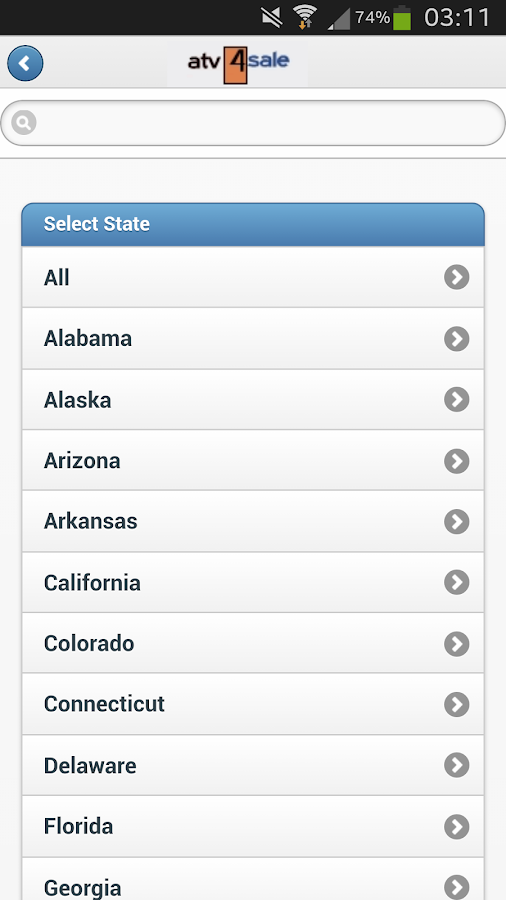
For an LLC, account opening and account transactions are much easier, I would say, there is minimal bureaucracy. You see what comes to you, divide it into personal expenses and company expenses, make various write-offs. Everything is as simple as possible.
In Wyoming, you will not invest on the same terms as you can with a C-corp. An LLC is not eligible for an IPO.
Another very big minus of an LLC is that if one does not know the nuances and does not prepare an agreement in advance, and one of the participants dies or suddenly becomes bankrupt, then the LLC automatically ceases to exist. This is suitable for small businesses. If you are not going to bring investors to yourself, you are one or two founders, there are few participants, then you can register an LLC. In all other cases, it is better to do the Delaware C-corp.
In a C-corp, you can have an unlimited number of shareholders and different classes of shares. An unlimited number of shareholders is needed not only in order to get your investors and advisers there, but also in order to enter the IPO. The same as in an LLC - the division of ownership, responsibility of shareholders and the company. Protecting your property.
An unlimited number of shareholders is needed not only in order to get your investors and advisers there, but also in order to enter the IPO. The same as in an LLC - the division of ownership, responsibility of shareholders and the company. Protecting your property.
C-corp has a board of directors that appoints managers. There are executives, there are options that you can issue to your advisers, employees, to whom you see fit. Plus, a very cool thing - C-corp IP is owned by the company.
That is, if you and the co-founder decide to part ways further, the startup's property still remains on your balance sheet. This is also a very important factor for investors to protect the company from the fact that the cofounding will fall apart.
C-corp incorporation process in Delaware
Registering a C-corp in Delaware is very easy. There it is legally established that only an agent can engage in incorporation. A list of agents is available at delaware. gov. You can choose an agent there according to your preferences.
gov. You can choose an agent there according to your preferences.
What does an agent do?
He files you at the state level, carries out direct registration, makes the first set of documents. Plus, they forward all incoming documentation and requests from the state to you. That is, they remind you that you need to file a report or pay taxes.
Agents charge an annual fee, the cost varies.
Someone takes payment from the first year, someone does the first year for free and then they take $100-150.
The next step is to check the name of the company so that there are no matches with someone who is already registered there. This is also done very quickly at delaware.gov. Also, you can check all this with an agent. By the way, a very important point is that after registering a company, you will need to reserve name variations.
You have chosen your agent, checked the name of the company, the data on the minimum price per share and the maximum number of shares that the company can issue.
Once you have filled all this out, you will receive a notification about the registration of your company within a day, maximum three. Everything, you are registered. Sometimes it even happens within an hour. Then within a week you will receive a basic package of documents.
Often the registration process is easy, but it happens that the founders somewhere do not trust the site or somewhere they cannot find information, they are afraid that they will incorrectly indicate the minimum share price, the maximum number. They don't understand how to calculate it.
In fact, all problems are solved by experience. Or sit on the site, register several companies, or contact a lawyer.
Everything can be done through various services that help register companies.
But it is often easier for Russian founders to work with someone who explains everything in Russian and gives some analogies.
You can open a company remotely. Even in the States, everyone opens companies from home, no one goes anywhere. During quarantine, the registration process itself has not changed at all. All the same from home, from the computer they click buttons, fill in the information.
Even in the States, everyone opens companies from home, no one goes anywhere. During quarantine, the registration process itself has not changed at all. All the same from home, from the computer they click buttons, fill in the information.
How to open an account in the USA
To open an account with a US bank, you will need to obtain a tax number - this is the equivalent of our TIN. It is called EIN (Employer Identification Number). It can be filed through different companies, the service will cost just a couple of hundred bucks. If you have an SSN (Social Security number), then you can immediately get your tax number. If it is not there, then EIN is usually made for a maximum of a month.
There is a form SS-4 that you fill out to get a tax number. It must contain your physical address, where you are physically located. It cannot be a virtual address. But the address can be located not only in the States where you are registered - it can also be located in Russia or any other country. This could be your office or home address.
This could be your office or home address.
On the website of the IRS (Internal Revenue Service) you can see all the necessary information about obtaining an EIN. There is a button to apply for a tax number. You will no longer need to complete Form SS-4. You fill in everything online and the form is generated automatically. After it is generated, you will need to sign this document electronically.
Next, you need to go to the bank and open a bank account.
What is better to use to open an account?
Usually:
 Therefore, this option is suitable for people who already have an SSN.
Therefore, this option is suitable for people who already have an SSN. With an American bank it is much easier, because you just need to come to the bank.
Very friendly to foreign companies, such as Wells Fargo Bank, as well as Bank of America and Chase.
Come there with a tax number, the company's statutory documents and they will open an account for you. It is possible to do this remotely, for example, through relatives or company employees. However, they will still have access to this account until the account is closed. Therefore, I advise you to open a company account on your own.
Attitude of banks towards Russian founders
A lot depends on the bank, so it's always best to talk to the staff.
A bank in LA asked me for some extra paperwork. I said, “Yes, fine. I'll be back later. "
"
Then I came to the same bank, but already in San Francisco, and they told me: “Oh, let's open everything right now, everything is fine.”
Of course there are legal circumstances. But if you have an EIN and all other documents, they don’t really look at the fact that you are a Russian founder. At most, you may be asked for additional documents.
Documents after registration
Upon registration, you will receive a Certificate of Incorporation.
There you will have the registration date, address, maximum number of shares, minimum share prices, who your agents are and where you have your office - standard basic things. You will also have a Statement of Incorporator in your hands. This will be a paper from your agent that he has incorporated you and no longer claims your company, transfers all control to you.
You are also given by-laws - this is a kind of charter, which prescribes how the company will function, how elections are held, how the board is drawn up, how management decisions and information about the issue are made.
The first by-laws are usually written by the person incorporating you. It is the most minimal. It usually says that after registering a company, you need to accept new by-laws. This is the first responsibility of the board of directors.
Why adopt new by-laws?
So that you have a good management system in place right away.
I advise you to hire a lawyer. Sometimes you yourself can screw up so much that then you accidentally quarrel with your co-founders and then there will be problems with making decisions and how to attract a new investor.
After the registration of the company, you definitely need to draw up contracts. You also need to make a shareholder agreement - it describes how the issue of shares takes place, on what conditions for existing shareholders, how they can purchase newly issued shares, and so on.
Plus different types of corporate contracts, who has what kind of responsibility and priority right in matters. So that in the event of a conflict between the founders, everything can be resolved as quickly as possible, without any costs.
If you are located in Russia, but have registered a company in the US, most likely your employees will be Independent Contractors. Contracts with them and with advisers will need to be concluded. You also need to issue options.
What other additional documents are needed to form a legal framework:

What can be pierced?
I have two interesting case studies.
The first was when a company came to me that had not adopted the charter, but the first investor had already visited them. Then they raise a new round, they are asked for all the documents. They ask: “Where is your charter?” And they are like: “Oh, we didn’t accept, we don’t have.” The new investor says: “It's okay, everything is fine. Just accept this charter, we will invest you.”
Then there were very big problems with the first investor. He saw in advance the legal slip that the charter was not adopted, and he was going to be the only investor so that the final right would always remain with him.
For several months he did not sign a new charter, they could not introduce a new investor. Persuaded by hook or by crook, but then all the same everything worked out.
Persuaded by hook or by crook, but then all the same everything worked out.
They adopted a new charter, introduced a new investor, but only after a few months - time was lost.
The second case is when preference shares were incorrectly regulated in the shareholder agreement. The signing process was already going online at that time, and right at the time of the transaction, I asked them to bring me the documents so that I could look at them and see that literally one word was spelled wrong and changed everything.
We had three signatories. Two have already signed up. If a third had signed, then control in the company would have passed to a new investor. This is just an out of the ordinary story. You need to check every word in every contract as clearly as possible before you sign anything.
The two most important questions that interest any investor are control and money.
Who manages the company? How much will we get? Based on these questions, we understand what points to pay attention to in contracts.
Types of contracts with investors
It is necessary to check the documents for compliance so that there are no incidents I mentioned above. Check by-laws, options plan and other documents to make sure everything is as correct as possible. To do this, you definitely need a lawyer so that you do not fall into the trap later.
First investments are usually angel investments. They are entered through:
Convertible Loan was the first contract.
Then Y Combinator created SAFE and 500 startups created KISS for the easiest investment. The standard SAFE is a little shorter, with about six pages. KISS has about 10 but not many options.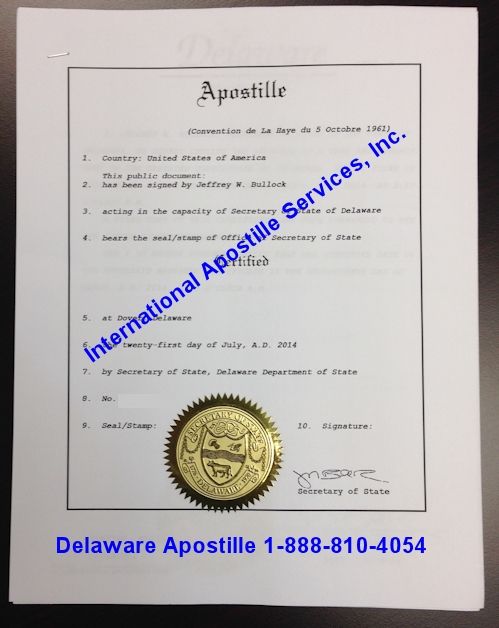
These contracts can be found on the websites of the accelerators.
SAFE has several options:
KISS has two types:

Convertible Loan is mostly not used. In Russia, I met him very often. In the States, they use SAFE and KISS more because the Convertible Loan is big, bulky, and uncomfortable.
Convertible Loan consists of three parts:
If an investor is located in Russia, it will be difficult to persuade him, for example, to SAFE.
Everyone in America is already familiar with this, especially if it's California. In Russia, we even worked in the fund on Convertible Loan.
I think our Russian business is special. Here you need to look more for an approach to the person. But in the States it's simple.
But in the States it's simple.
Summary
If you are a start-up and registering a company in America, choose C-Corp and register in Delaware, with its corporate court and other benefits.
If you are not a startup business, you can register as an LLC in Wyoming.
Registration process:
Form a legal base of documents:

To sign contracts with investors at an early stage, it is better to use templates:
For the competent formation of all documents and building a management system, hire a lawyer.
Do you like our articles? Follow new events both online and offline in the Telegram channel and Instagram.
Get a license in
2 days!
Many Europeans and South Americans have found that by registering their boat in Delaware they can avoid the bureaucracy of their own countries. We can check you in in just 3 days if you use our expedited service or if you take your time, we will do it in 2 weeks.
Yes, you can register your boat in Delaware (USA) and your boat papers will be valid anywhere in the world. This means, for example, that a European who has registered his ship in Delaware can visit any European port with these documents. We also have many South Americans who choose to fly the US flag in international waters.
The best part of registering in Delaware is the minimal paperwork and the speed with which it can be set up. Just send us a notarized sales invoice (see details below) and fill out our online form and you're done. If you need urgent paperwork, we will do it in 3 days!
How much does it cost to register a Delaware flag? Our first service fee is $179 (maximum 15 days) or $249 for 3-day express service. We include the cost of translations and courier services in the cost of our services, so there are no hidden costs! The second part is the actual state fee (see above) and it depends on the size of your boat and whether you want to register for 1 or 3 years.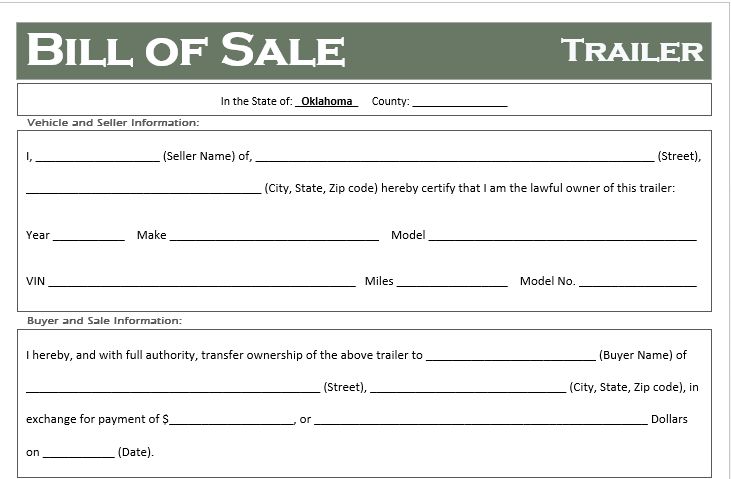
How quickly can you register in Delaware?
Our standard check-in time is just under 2 weeks or if you want to use our express service it will take around 3 days. You need to add 2/3 extra days if we need to set up Delware LLC for you.
Citizens of which countries can register their boat under the Delaware (USA) flag?
All nationalities can register their yacht in Delaware. There are also no nationality restrictions for setting up an LLC in Delaware.
How long is a Delaware flag registration valid?
You have the choice of enrolling for 1 year or 3 years. Registration is carried out according to the calendar year, that is, from January 1 to December 31. We can already check you in from October for the new year.
Should I set up a company to own my boat?
You can register as an individual of any nationality or as a Delaware LLC. The choice is really yours and should be based on need; privacy, responsibility and what you plan to use the boat for.
What about European value added tax?
If you have proof that VAT has been paid on your boat in a European country, you do not need to leave European waters at all as long as you are registered with Delaware documents.
Should I register as a private owner or corporate owner?
You can register your boat in two ways; with a private owner from any country, or you can register your boat with a holding company. If you choose to register with a holding company, we will set up an LLC for you in Delaware. We can set up an LLC for you in 48 hours for a fee of $29$9 and you will only need to pay low annual maintenance fees of $400 after the first year. If you only use the LLC as the company that owns your boat, you won't have to pay any taxes since it's only used to own your boat.
What does Delaware flag registration look like?
Delaware registration comes in a package that consists of a credit card format registration card and 2 stickers (decals) for your boat.
What documents are required to register in Delaware?
Paperwork to register property in Delaware is very simple:
OPTION 1 - Private property
If you provide us with copies of the above documents by e-mail. We can register your boat in just 3 days!
OPTION 2 - Ownership of your LLC

Then the paperwork is the same as for private property:
Benefits of Owning a Boat as a Corporate LLC:
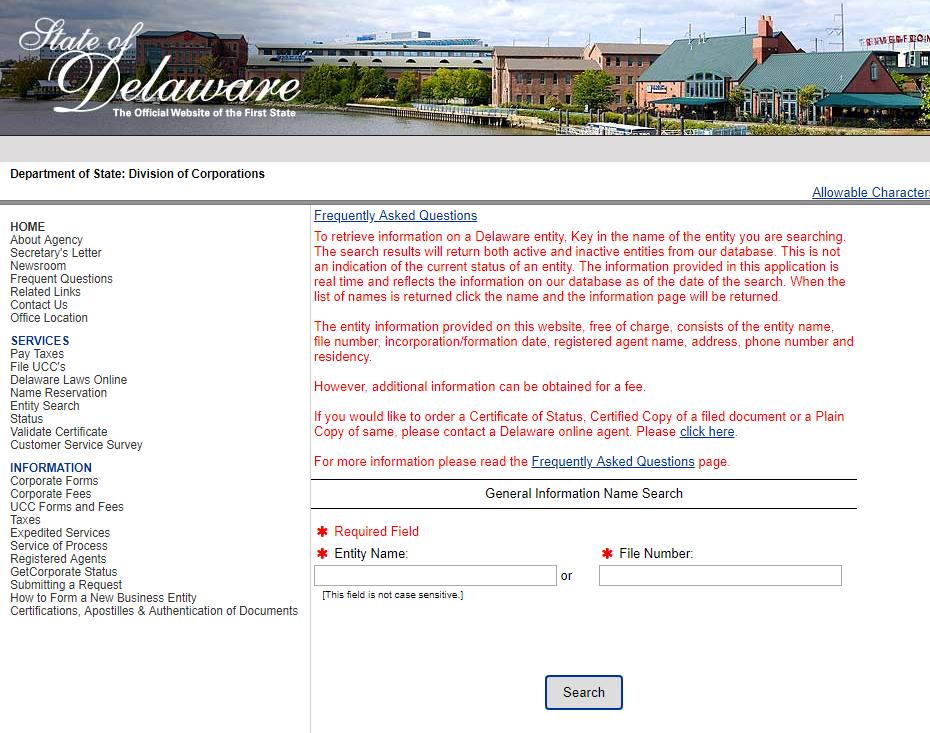
Official confirmation letter from the State of Delaware - $129* (plus courier fees)
This is an optional letter in addition to the Delaware license (i.e. in credit card).
Boat name change - $99* (plus courier costs).
In case you want to change the name of the boat / yacht / vessel
Certificate of Deletion - US$99 * (plus courier)
Official letter from the Government of Delaware confirming that the vessel has been removed from the register
Order Now
Delaware LLC - US$299.
We can set up a Delaware LLC for you to own your boat. It only takes 48 hours
Create an LLC
"h3 class" reddot_question" "" "" We can also arrange MMSI radio license As you are probably aware, it is mandatory by law to have an MMSI - radio license on board your boat at all times, so we strongly encourage our clients to obtain this when applying for your boat ownership document. Having an MMSI license on board avoids problems when checking with local authorities.
Having an MMSI license on board avoids problems when checking with local authorities.
You don't need to take any course to get your license, all we need is some information about you and your boat which can be filled in on our order form. Fill out the form, make payment and on the same day, you have an mmSI radio certificate for your vessel, which is valid for all countries around the world.
We offer MMSI licenses issued by the US and UK governments. Both have no restrictions on your nationality or what flag your vessel is registered under and are valid for 10 years. It will only take us 1 day to get the license.
Which MMSI license do I need for international waters?
If you are using your boat in international waters (even in the Bahamas or Canada), you will need an international MMSI license. In order to obtain a worldwide valid MMSI license that is valid in all international waters, you have 2 options:
License issued by UK Telecom 169 USD with boat registration (215 USD without):
We can also offer you a worldwide MMSI issued by the UK Telecom authorities.